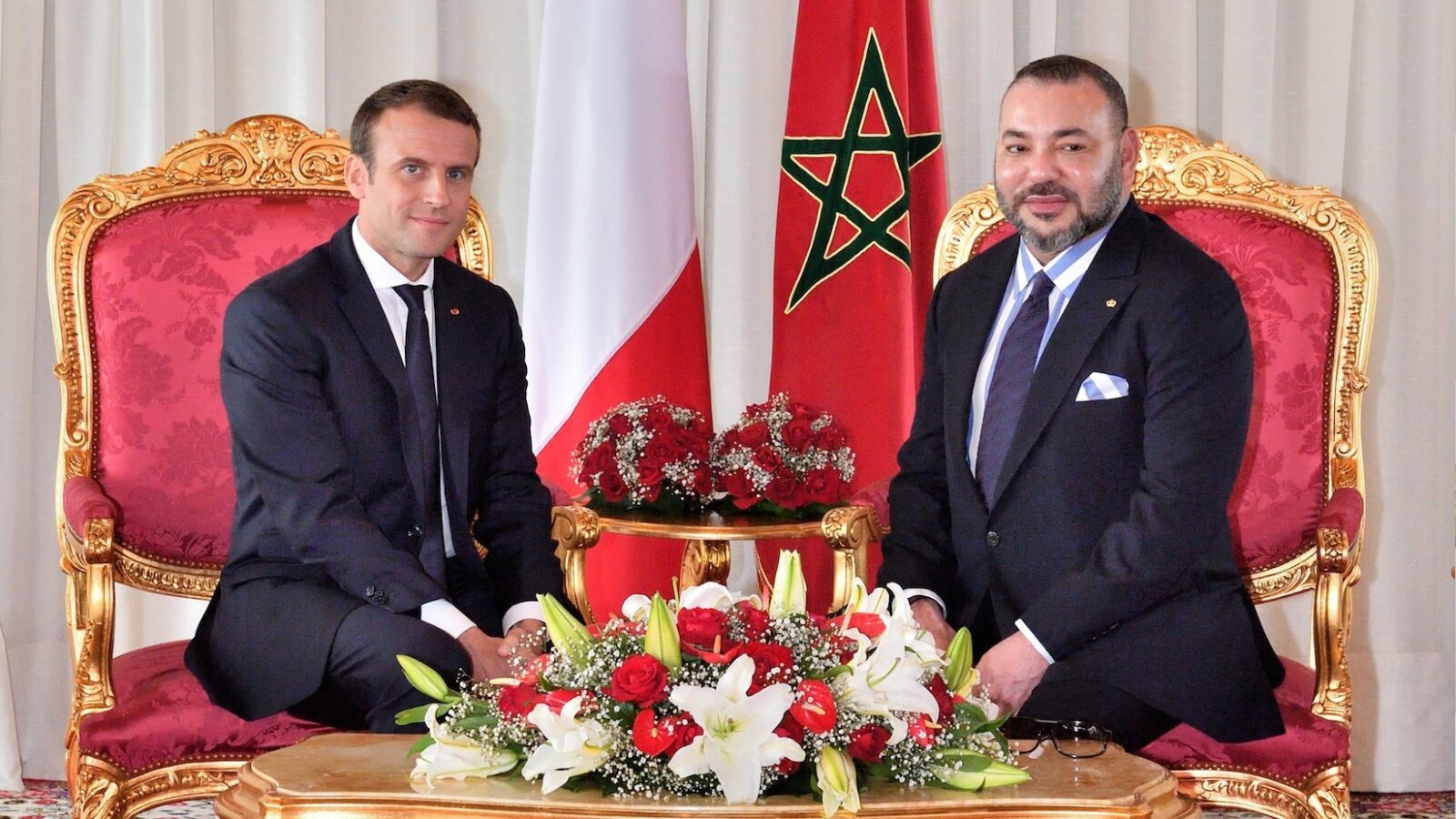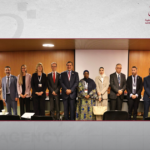A historic visit marked by significant announcements and the promise of a stronger bilateral partnership unfolded as Moroccan and French leaders reaffirmed their commitment to enhancing cooperation. This meeting set the stage for a future characterized by mutual benefits and reinforced ties, all while the shadows of European institutions loom large.
During a state visit to Morocco, French President Emmanuel Macron reiterated France’s unwavering support for Morocco’s sovereignty over Western Sahara, a point that resonated strongly in both the Mechouar and the Moroccan Parliament. Macron emphasized, “The present and future of Western Sahara lies within the framework of Moroccan sovereignty.” This declaration not only reaffirmed France’s diplomatic stance but also illustrated a commitment to tangible actions.
Macron’s visit served as a showcase for French investments aimed at supporting sustainable development in the Sahara region. He announced partnerships with French operators and companies to foster initiatives that would directly benefit local populations. One notable highlight was the establishment of a French Alliance aimed at bolstering economic ties. In a significant move, France announced the dispatch of its ambassador to the Sahara, signaling a renewed commitment to the region—a move that has been long awaited.
Throughout his visit, Macron underscored a commitment to advocating for Morocco’s stance within the European Union and the United Nations. He noted, “We will engage diplomatically to persuade that the Moroccan solution is the only viable one.” This statement, made on the last day of his 72-hour trip, carries significant weight, especially as France is now the sole permanent EU member on the United Nations Security Council following Brexit. With a growing recognition of Morocco’s autonomy plan among EU member states, Macron sees an “historic opportunity” to influence EU perspectives.
The challenge now lies in France’s ability to convince its European partners that Morocco’s proposal is the most credible and realistic solution for the region. This involves not only addressing the skepticism of a few nations that oppose Morocco’s claims but also educating a broader European audience that may lack awareness of Morocco’s historical context. As King Mohammed VI has stated, there is a need to clarify these fundamentals to those who misunderstand the issue.
Macron articulated a grand vision for the partnership between France and Morocco, extending it beyond bilateral relations to encompass the EU and broader African interests. He framed it as a strategic duty to create a project that offers prosperity and security for both nations and their people. However, there is an inherent challenge; many partners of France, even the friendliest ones, are cautious about the narrative that “Europe is just France on a larger scale.”
Morocco stands to benefit significantly from this partnership, presenting development projects across sectors such as energy, transportation, and border security, either bilaterally or through collective initiatives like the Atlantic Initiative for the Sahel. As a sovereign regional power, Morocco’s political alliances and choices are pivotal.
Conversely, France finds itself constrained by European commitments that sometimes limit its autonomy. The EU’s decision-making processes and agreements with third countries, such as trade accords that affect national policies, illustrate this. As President Macron recognized, several Euro-Mediterranean initiatives have fallen short, underscoring the complex dynamics at play.
In this evolving landscape, it is crucial for Macron to champion economic and cultural projects in the Sahara, as he did during his visit to Rabat. This serves as a strong message not just to Moroccan neighbors but also to European institutions.
As Franco-Moroccan relations deepen, the coming months will be critical in shaping this strategic partnership, with Brussels poised to play a significant role in translating moral commitments made in Rabat into actionable political initiatives. The future of this collaboration, rich with potential, will undoubtedly unfold against the backdrop of European interests and influence.
This article is originally published on fr.le360.ma








